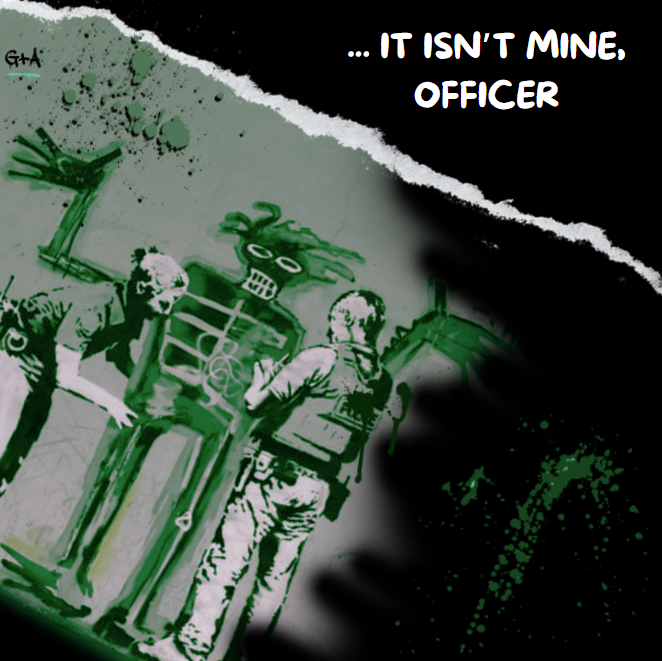… IT ISN’T MINE OFFICER!
A fundamental element for number of criminal offences, such as possessing or supply drugs or firearms, is “possession.”
In order for such a charge to be made out the prosecution is obliged to prove that the illegal items are in fact yours.
Although possession is sometimes common sense; in the criminal law it is a much more nuanced and complex idea than usually appreciated.
In considering possession, the three concepts to keep in your mind are:
- Physical Custody
- Knowledge
- Control
Concept 1 “Actual Possession”
Actual Possession is the easiest type of possession to understand. It occurs when the person has physical custody and knowledge; or alternatively when the person does not have physical custody but has control of the item as well as knowledge.
Physical custody means that they have item on their person or in such a place that they have elsewhere but have the right or power to take custody if they want to.
Knowledge means that the person must know of the existence of the item; and intend to exercise physical control over it. Knowledge can be inferred from the surrounding circumstances.
Control means that the person item is located elsewhere but it can be inferred that the person is taken to be exercising control over the item to the exclusions of all others; other than those involved in the criminal activity.
Examples of Actual Possession:
Police stopped you and searched you and found drugs on your person they would prove physical custody and knowledge.
Police search your car which is parked in your garage and find drugs. No other people have access to the car. They would prove control and knowledge.
Police search your room and find hidden in a box with your personal paperwork a firearm. They would prove control and knowledge.
Concept 2 “Constructive Possession”
Constructive possession is where the person does not have actual possession; but has the legal right to possession of the illegal item.
Examples include a person who gives somebody else possession of the item for safekeeping; or a person who decides to send the item in via post and gets found out.
Concept 3 – The share house conundrum
In circumstances where an item could be taken to be more than one person’s property, in order to prove that you solely were in possession; the prosecution is must prove that no one else was possibly in possession of the item.
The classic example of this being a bag of cannabis left of the living room table of a share house.
However, if the prosecution is able to establish that you and all of your “roommates” are part of a joint criminal enterprise; dealing in a bit more than an ounce on the living room table, then they can go after all of you for the illegal items found in common space by arguing you are in joint possession.
Criminal matters, especially serious drug and firearms offences are complex; and require an experienced criminal solicitor to get the best result.
If you would like to discuss any of the above please don’t hesitate to contact our office.




